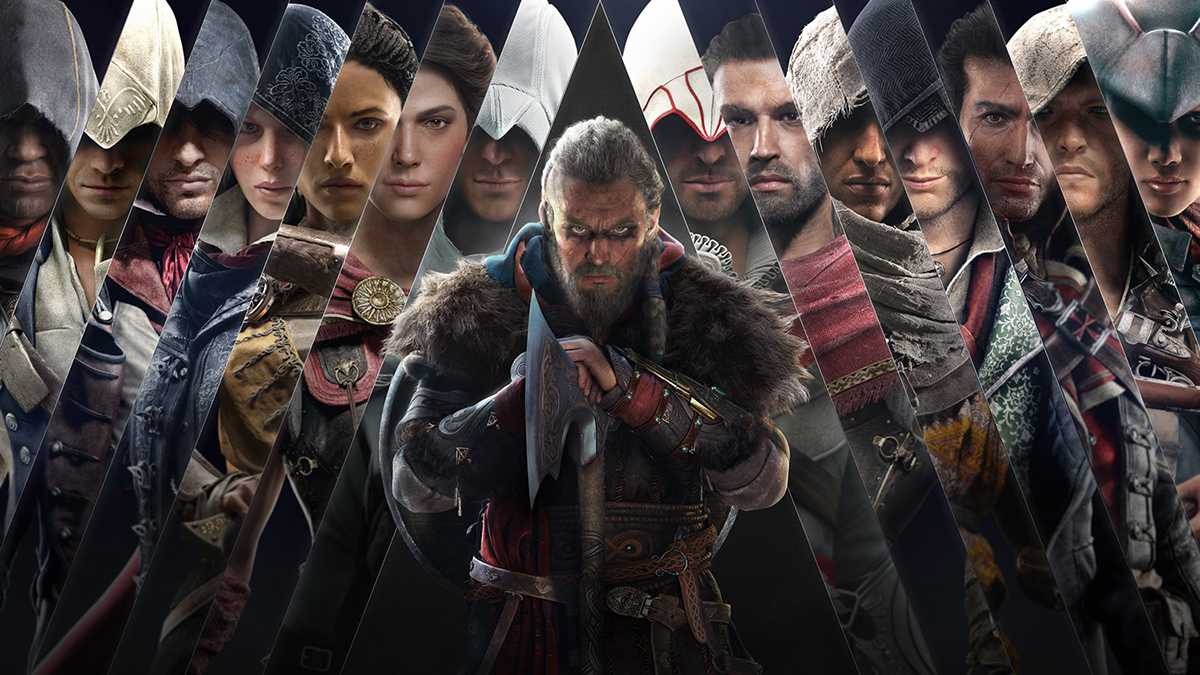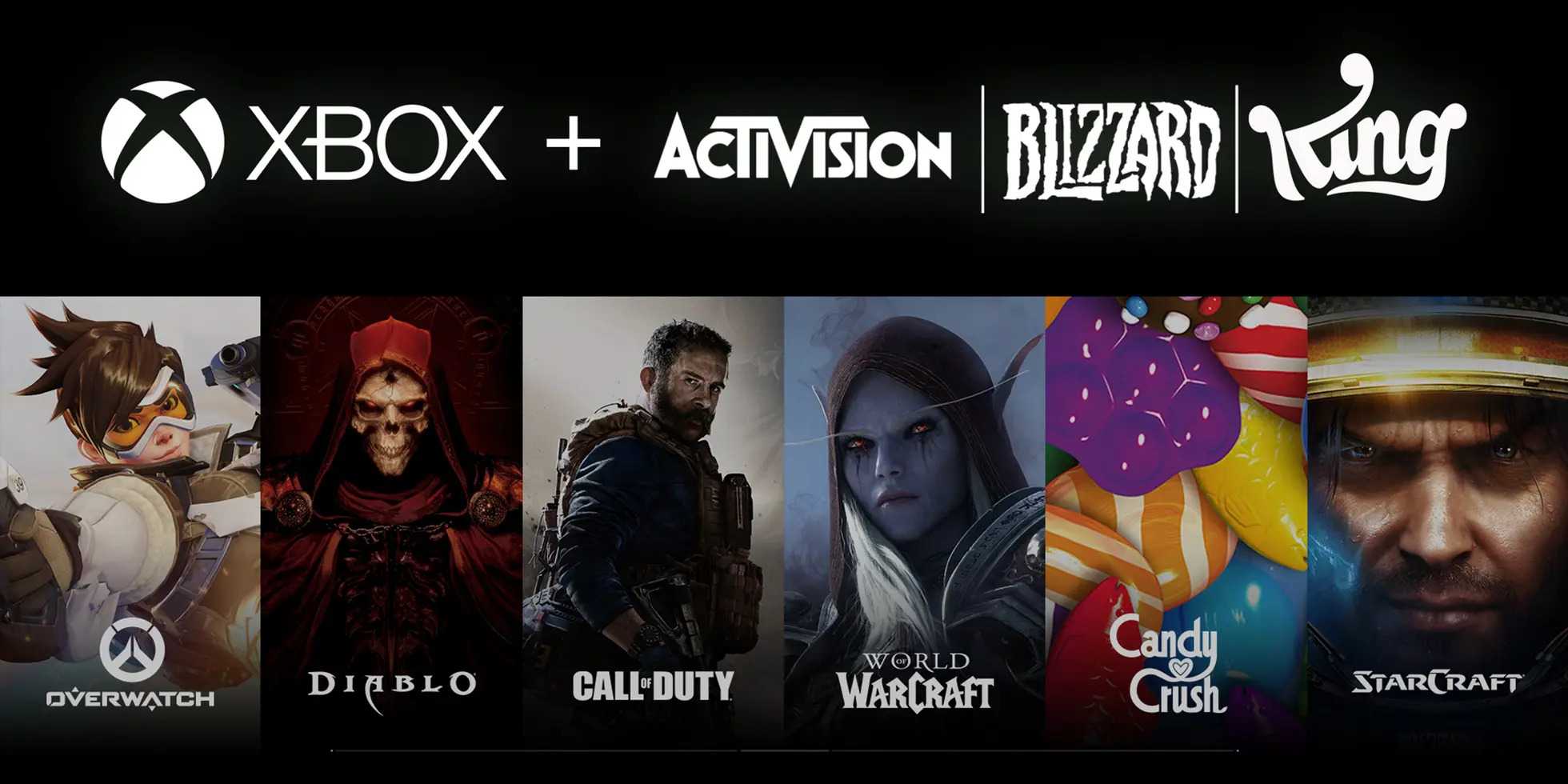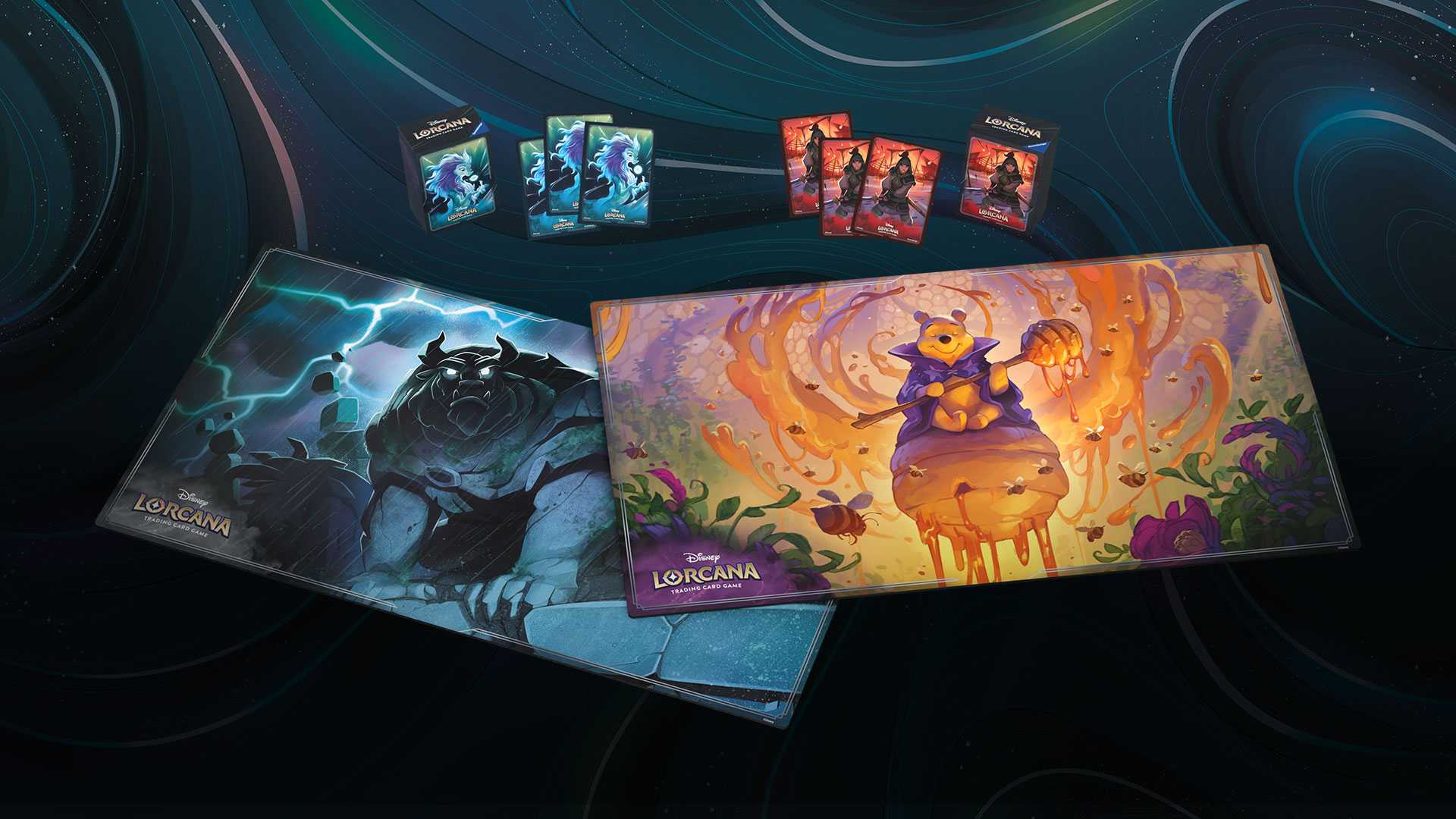Fresh off a brand-new investment from Chinese tech behemoth Tencent, which makes Tencent the largest shareholder in Ubisoft and values the publisher at $10 billion, the French games company is doubling down on one of its most successful franchises: Assassin’s Creed. Ubisoft celebrated the franchise’s 15th anniversary by revealing three new console/PC games at a recent Ubisoft Forward event.
One of those is Assassin’s Creed Mirage, which is set in 9th century Baghdad and appears to be an attempt by the publisher to go “back-to-basics” with stealth action that harkens back to the original. An official release date is not available, but Ubisoft is targeting next spring. Also in development is a new entry that puts the franchise’s setting in feudal Japan for the first time. Codenamed “Project Red,” this Assassin’s Creed title is reportedly part of a new platform called Assassin’s Creed Infinity, which is being designed to enable players to move seamlessly between several time periods, as noted by Bloomberg. Also part of this platform is a project labeled Project Neo/Hex, which takes place in the era of the Holy Roman Empire focused on witch trials. Neither Red nor Neo/Hex is expected before 2024.
As if that weren’t enough, Ubisoft also has a multiplayer AC game in the works called Invictus, and the company has expanded further into mobile with two new titles – one is set in ancient China and is codenamed “Jade,” and the other is an exclusive for Netflix’s burgeoning games portfolio, coming to the service next year.
While The Division, Rainbow Six, Far Cry, and other properties are still strong performers for Ubisoft, Assassin’s Creed appears to be leading the charge for the publisher with over 200 million lifetime units sold. Valhalla topped $1 billion in revenue earlier this year, becoming the highest-earning Assassin’s Creed game in series history. At that time, fanship of the franchise among US gamers had risen to 28%, according to Interpret’s New Media Measure®, but in the years since, Assassin’s Creed fanship declined somewhat as Ubisoft opted for DLC releases rather than full sequels.
With the biggest slate of AC games to date currently in the works, fanship once again is trending upwards. That doesn’t necessarily mean that an annual release schedule is optimal, however. Building vast triple-A games can be incredibly laborious, and pushing them out on a yearly basis could not only lead to crunch situations but also diminishing quality, which in turn can hurt an IP’s following. This is why publishers of tentpole franchises tend to rotate development across different studios or adopt co-development strategies.
Ready to level up your career? Check out Interpret’s Careers page for current openings and join our squad of Fun Scientists!







